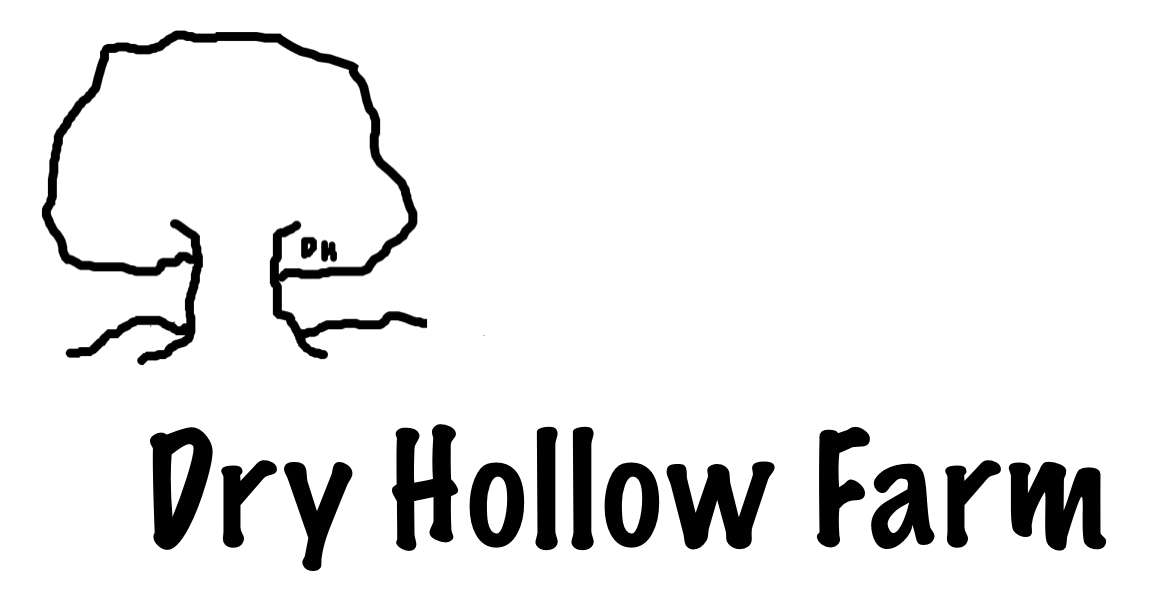Freezing Chickens
Early summer we had a clutch of eggs hatch. Nine little chicks emerged and were soon picking their way across the farm behind their mama. Unfortunately, free-range chicken life can be dangerous, and out of the nine, only three have survived until mid-December, when I’m penning this blog. Most succumbed to predators like hawks or simply disappeared never to be seen again. One recently died suddenly of a mysterious illness.
In all honesty, we are not chicken experts. We allow them free-range for whatever eggs we can find and the pure entertainment of watching them strut around the farm. As previous posts depict, they also eat unwanted bugs and turn our compost into soil.
Since late summer, we have commented on the remaining hens from this clutch of nine as we’ve watched them grow and thrive with the rest of our critters, until yesterday afternoon when the one we’ve always called “white chicken” stood atop a fence and began crowing.
White chicken became “white rooster” overnight.
Each night, our chickens and roosters pick places throughout the barn to roost. There is one designated stall with multiple perches available to them, but others range from one end of the barn to another, including outdoor perches under the shed roof eaves. This is the only time we can catch them - when they sleep with eyes open and are only slightly agitated but our presence.
Last winter in the days leading up to Christmas, a highly-unusual arctic blast roared across the eastern United States including our farm in Tennessee. It took almost a full day of work to prepare for temperatures that dropped far below zero. Windchills plummeted to -21. Very concerned for all of our critters (as well as our pipes) we strung additional lights and heat lamps to try and ride out the cold. We even added one in the chicken roost, as in all honesty, we didn’t know the minimal temperature for live chicken survival.
As evening began, I remember trying to shoo the chickens into the heated stall. Half of the flock refused, but instead roosted in their regular spots. At that point I was exhausted, freezing cold, and too stressed to argue with them. I stood below the ones perched outside, in the direct path of the -21 wind-chill winds, and said, “If you’re frozen dead in the morning, don’t blame me.” And I went into the house as early darkness fell.
All night long, our log home popped and cracked with the dropping temperatures. Early the next morning, I awoke in my warm bed to the normal sounds of farm-chicken life. Checking the windows, I discovered them roaming the farm as usual, scratching at the ground, hens clucking, roosters calling to one another.
How cold is it before a chicken freezes to death?
All I know is that it’s not -21!
Dr. Kathryn Bush owns and operates Dry Hollow Farm, a working goat and sheep farm in Huntingdon, Tennessee. Together with her husband, Russell, she creates skincare products from their fresh goat milk, grows organic herbs, welcomes visitors to their two cabins on the farm (available for stays through Airbnb), keeps the farm’s on-site soap shop stocked with their handcrafted products, and enjoys working the farm in company with their Great Pyrenees dogs (who work hard guarding the animals). Check out their natural products featuring farm-grown ingredients here, and sign up for the Dry Hollow Farm newsletter to stay in touch and be the first to hear about farm news, events, and new products.
